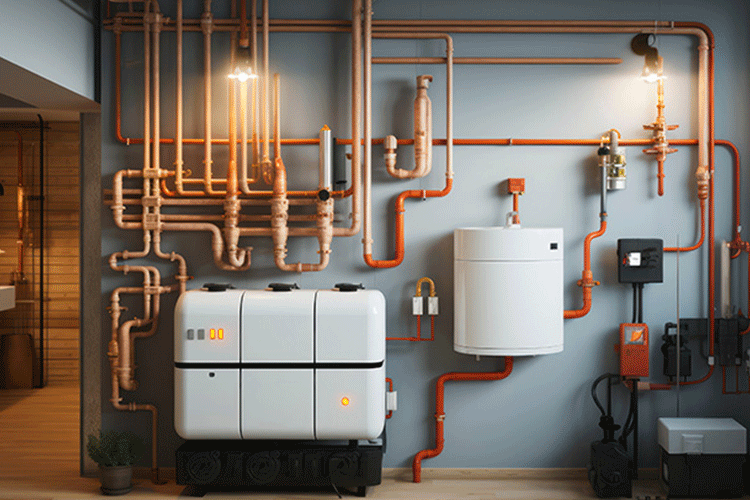
Gas Installations: What Every Homeowner Should Know
Installing gas in your home is a smart investment for energy efficiency, convenience, and cost savings. Whether it’s for a gas stove, geyser, heater, or a full home supply system, knowing what to expect during a gas installation can help you make informed decisions and stay safe.
The first thing every homeowner should understand is that gas installation is not a DIY job. It requires certified professionals who are trained to handle gas safely, understand regulations, and ensure your system is both efficient and compliant with national safety standards.
Before any work begins, a site inspection is conducted. During this step, the technician evaluates your layout, appliance requirements, and ventilation. They’ll also assess potential hazards, such as confined spaces or poor airflow, and determine the best route for piping and cylinder placement.
“Once approved, the installation process begins. This involves setting up gas lines, securing connections, installing regulators, and testing appliances. For LPG users, the cylinders are placed outdoors or in a designated cage with proper ventilation, while for piped natural gas, connections are made to the main supply.”
Pressure testing is a critical step in the installation. Technicians use specialized equipment to test the system for leaks before it’s commissioned. Any adjustments are made immediately to guarantee a secure, leak-free setup. After installation, the technician will issue a Certificate of Compliance (CoC). This document confirms that your system meets legal and safety requirements—important for insurance purposes and for future property sales.
Homeowners should also be familiar with ongoing safety checks. It’s recommended to have your system inspected annually or after any major appliance changes. This ensures that pressure levels, connections, and components are still in good working order.In terms of cost, gas installations vary based on the number of appliances, piping length, and whether it’s a new installation or a system upgrade. While the upfront investment may seem significant, the long-term savings on energy bills usually make it worthwhile.
Another benefit of gas is energy efficiency. Gas appliances heat faster and more consistently than electric ones, which is ideal for cooking and heating water. Plus, gas is often cheaper per unit than electricity, especially in areas with rising power costs. At Extra Gas, we offer expert residential gas installations with a focus on safety, affordability, and customer satisfaction. Our team is fully certified, and we provide transparent quotes, quality workmanship, and post-installation support. Contact us today to book an inspection or get a free estimate.


